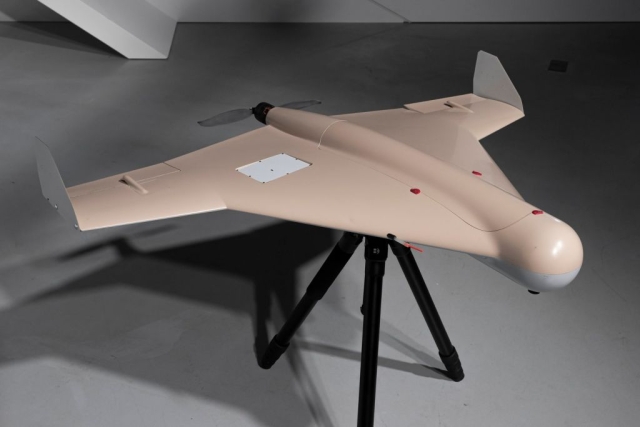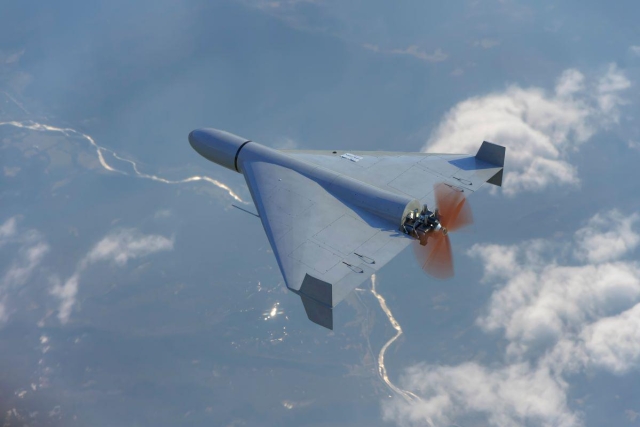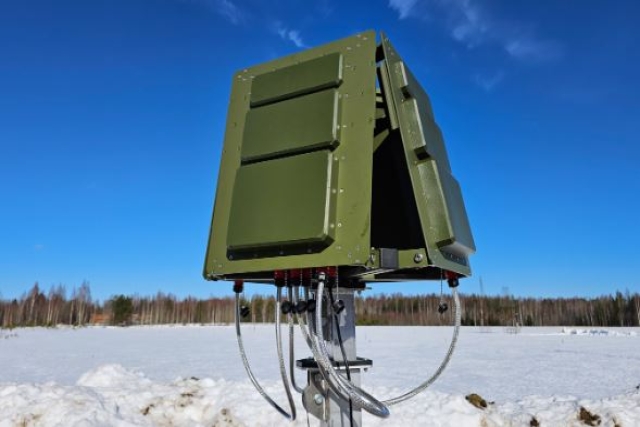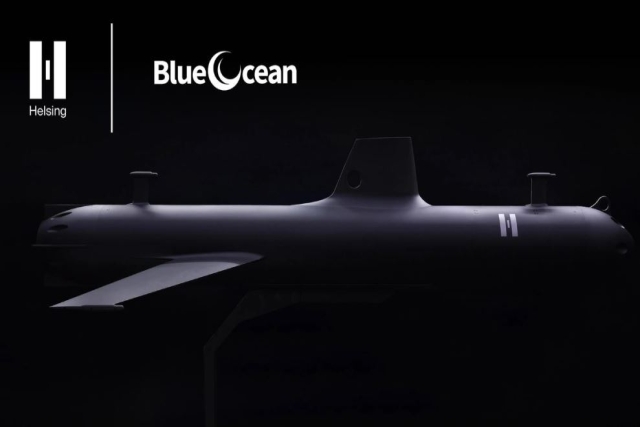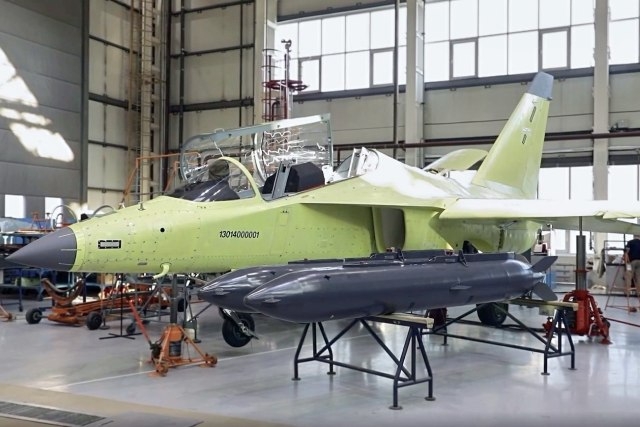Rostec Develops Control Module for UAVs, Surface & Underwater Drones
High-precision navigation modules are already in serial production, and a pilot batch of engine controllers has been manufactured.
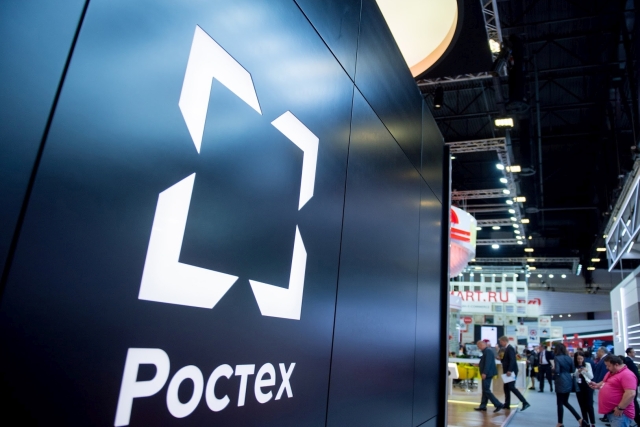
Russia's Ruselectronics has launched production of electronic and electrical control modules for unmanned systems, including light drones and underwater unmanned vehiucles.
The High-precision navigation modules are already in serial production, and a pilot batch of engine controllers has been manufactured. Additionally, a flight module and a compact version of the engine controller are in development.
The built-in navigation module features a multi-system receiver for GPS, GLONASS, and Galileo signals, along with a high-precision barometric altimeter and a three-axis temperature-compensated compass for backup sensing in interference conditions. Designed for drones with a payload weight of 2 kg or more, the module provides high-quality reception of satellite signals and supports standard data transfer protocols, including the DroneCAN protocol.
The engine controller, designed for light UAVs and various vehicles, utilizes vector control algorithms for improved energy efficiency and driving dynamics. It automatically adapts to motor characteristics and is compatible with all DroneCAN-enabled devices and most PMSM or BLDC motors.
Production takes place at the Kaluga Research Institute of Telemechanical Devices (KNIITMU), with the capacity to produce up to 1000 units of each type per year. Alexander Alekseev, General Director of KNIITMU, mentioned that the first batch of devices has already been shipped, and they have begun receiving requests from Russian enterprises for new large batches of control modules.
KNIITMU is involved in developing noise-resistant communication complexes, multifunctional terminal communication devices, monitoring and warning systems, hardware mobile communication nodes, and other radio-electronic equipment.
